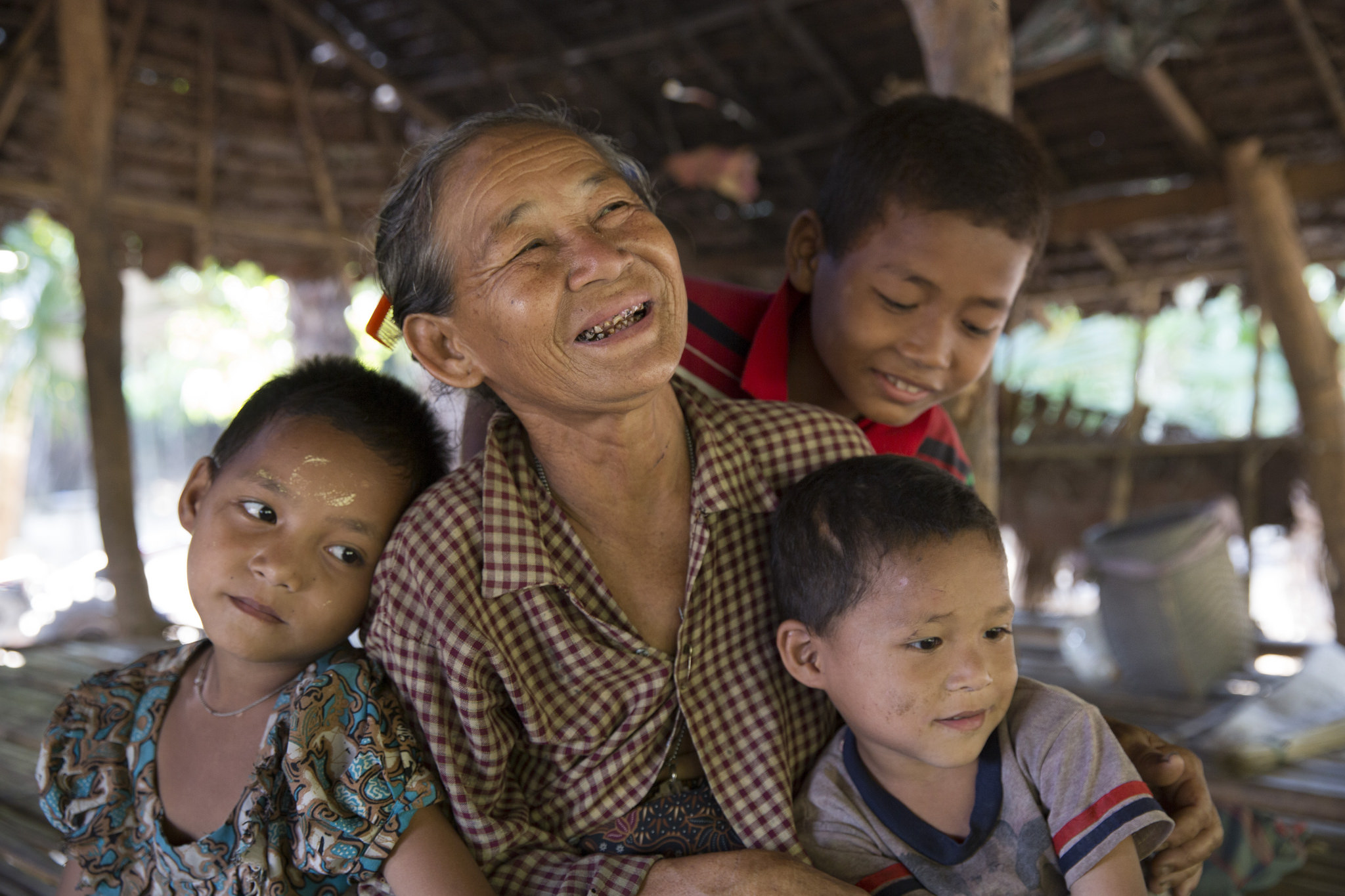
Governments throughout Asia are increasingly aware their populations are ageing rapidly. Although the sense of urgency varies by country, most countries in the region have begun to grasp that demographic change is accelerating and will have a profound impact on their societies and economies. But how well are the new population dynamics being reflected in policy development?
To discuss that question, HelpAge International together with the United Nations Population Fund (UNFPA) and host governments recently organised two forums on national policies on ageing – one event in Iran and the second in Myanmar. These events made it clear that a single national policy that aims to improve the situation of older people is important but insufficient. It may be helpful to make four distinctions to clarify the policy challenges – and opportunities – that ageing societies face.
1. Change perceptions
We must distinguish between old-fashioned perceptions of older people and the reality of today’s senior citizens. Our perceptions of life after 60 need to be updated or else our policies will get stuck in the 20th century.
Policies on ageing may rest on an unspoken assumption that old age equals vulnerability, or even helplessness. In reality, only a minority of older people are dependent, and that minority must certainly be protected. But the majority are increasingly active and independent.
2. Plan for the future
A second distinction is between today’s older people and tomorrow’s older people. A national policy aimed only at those who are 60 and older is out of date even before it is printed because of rapidly changing contexts.
Poor health and low savings at younger ages will become the crises of tomorrow’s older generation. And while there will be more older people in the future than there are today, we should ensure that those individuals will be healthier, more financially secure and better educated – contributors to families and communities for as long as possible.
3. The process and the individual
There is a difference between older people and ageing. Although these two concepts are closely related, and are often lumped together without further thought, they should be considered separately.
The term ageing is the individual, while “ageing”, or more precisely “population ageing”, refers to the ageing of society as a whole.
Between 2015 and 2050, the median age in Asia will rise from 30 to 40. Aside from a growing cohort of over-60s, ageing societies must face questions about the size of the workforce, the scale of future tax revenues and the number of schools needed, for example. A simple national policy for older people will not address these wider challenges.
4. Policies on and policies for
A differentiation between policies on ageing and policies for ageing needs to be acknowledged. In the past, many countries relied on a single national policy or action plan on ageing. That approach won’t work in the 21st century.
A national policy is important, but must be only one part of a comprehensive framework on ageing. On the one hand, a policy on ageing needs to be accompanied by funding and a clear set of tools to ensure it is implemented. On the other hand, governments must incorporate ageing into a wide range of sectoral policies, action plans and laws. These must be taken seriously by ministries of finance and planning as a core consideration in national development strategies. The future of the whole society and economy is at stake.
About the events:
The Regional Forum on Policy Implications of Population Ageing was held in Tabriz, I.R. Iran, 3-5 July 2017. It was organised by UNFPA Iran in cooperation with HelpAge International and hosted by Iran’s Ministry of Cooperatives, Labour and Social Welfare and State Welfare Organization. Read the Tabriz statement and report.
The Regional Forum on Policies on Ageing was held in Nay Pyi Taw, Myanmar, 20-21 July 2017. It was organised by HelpAge International in collaboration with Myanmar’s Ministry of Social Welfare, Relief and Resettlement and funded by UNFPA and the LIFT donor consortium.
